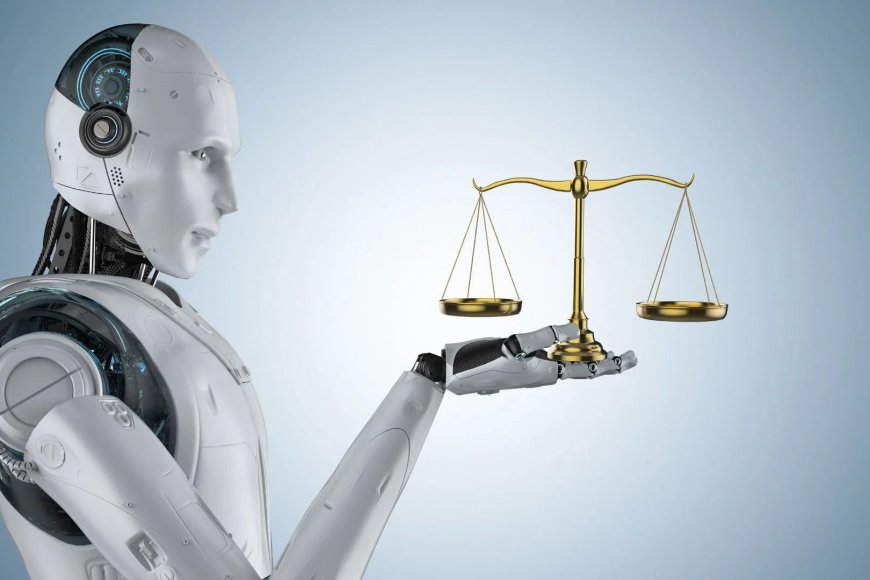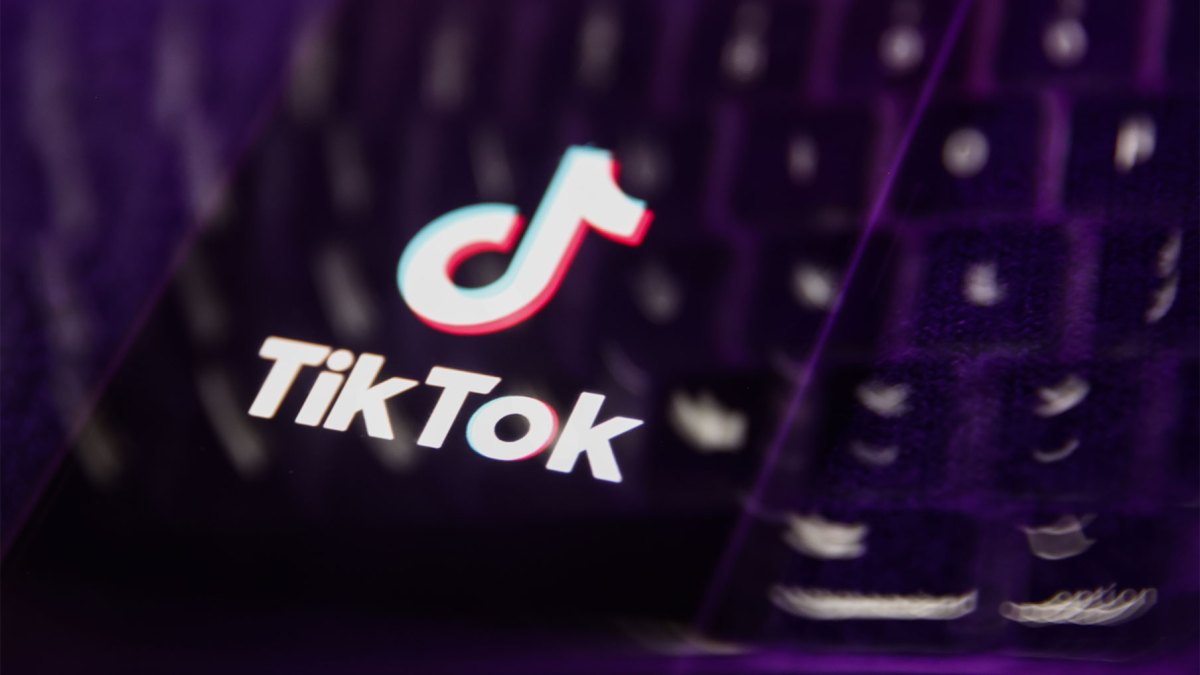Verily Shuts Down Medical Device Program Amid AI Shift

In a significant shift within Alphabet's life sciences division, Verily has announced a series of layoffs, which include the complete dissolution of its devices program. This strategic move underscores the growing importance of artificial intelligence (AI) and robust data infrastructure in the realm of healthcare technology.
Verily, which has long been recognized for its innovative approaches to health and wellness, is now pivoting its focus toward AI-driven solutions. As the healthcare landscape evolves at an unprecedented pace, the emphasis on data analytics and machine learning has never been more pronounced. This repositioning reflects not only Verily's response to market demands but also a broader trend across the tech industry, where AI capabilities are becoming essential to operational effectiveness and product development.
The decision to cut jobs and dismantle the devices program aligns with the company's vision of harnessing AI to deliver more precise and personalized healthcare solutions. Verily's previous endeavors in developing wearable devices aimed at tracking health metrics and providing real-time data have been ambitious, but the company has evidently recognized that its future lies not in hardware but in sophisticated software solutions that can analyze and interpret vast amounts of health data.
In a recent statement, Verily emphasized its commitment to leveraging AI to enhance patient outcomes and streamline healthcare delivery. "Our focus is on building a data-driven infrastructure that can support predictive analytics and advanced research," the company noted. This shift is indicative of a broader industry trend where tech giants are increasingly investing in AI and machine learning to create systems that are not only efficient but also capable of adapting to the ever-changing landscape of healthcare needs.
Verily's pivot raises important questions about the future of health-tech devices in an era dominated by software solutions. While wearable technology has shown promise in monitoring health metrics such as heart rate, sleep patterns, and physical activity, the challenge lies in translating this data into actionable insights. By concentrating on AI and data analytics, Verily aims to bridge this gap, creating platforms that can offer more than just data collection — they will provide contextual understanding, predictive modeling, and personalized health recommendations.
This transformation within Verily reflects a significant trend seen across the tech industry, particularly as companies strive to harness the power of AI. From startups to established tech giants, the message is clear: data is the new oil, and those who can effectively analyze and interpret it will lead the charge in innovation. As a result, organizations are reallocating resources away from hardware-focused projects in favor of AI-driven software initiatives that can deliver tangible results in a shorter timeframe.
Moreover, this decision comes at a time when the healthcare sector is grappling with rising costs and an urgent need for efficiency. By focusing on AI and data infrastructure, Verily positions itself to tackle these challenges head-on. Advanced algorithms can analyze patient data more quickly and accurately than ever before, enabling healthcare providers to make informed decisions and improve patient care while reducing costs.
Verily's pivot is not an isolated incident; it mirrors a broader recalibration within the tech and health sectors. Companies like Google Health, Apple, and Amazon have also been re-evaluating their health-tech strategies, often prioritizing AI and data analysis over hardware solutions. Google's initiatives in health AI, for instance, have shown promise in areas like medical imaging and diagnostics, further emphasizing the potential of AI to revolutionize healthcare.
As Verily embarks on this new chapter, the implications extend beyond just the company itself; they signal a potential shift in how the industry views the balance between hardware and software in healthcare technology. While hardware still plays a vital role in patient monitoring and data collection, the future seems to favor solutions that can process and analyze this information to drive better health outcomes.
The layoffs and the discontinuation of the devices program may be challenging for employees and stakeholders who believed in Verily's original vision of merging hardware and software. However, this strategic pivot could ultimately position the company for greater success in a rapidly evolving market. By harnessing the power of AI, Verily aims to create a more agile, responsive, and effective healthcare ecosystem.
In closing, Verily's recent decisions reflect a decisive shift toward AI and data infrastructure within the healthcare technology landscape. As the company focuses on leveraging advanced analytics to enhance patient outcomes, it aligns itself with industry trends that prioritize software solutions over hardware. The future of healthcare may well rest on the ability to interpret data effectively, and Verily's strategic repositioning could be a defining move in its quest to lead this transformation.
As we look ahead, it will be fascinating to observe how Verily’s new direction unfolds, particularly in terms of its impact on the healthcare industry and the broader implications for tech-driven health solutions. With AI at the helm, the potential for innovation is vast, and the promise of improved patient care may soon become a reality, driven by data and technology.
What's Your Reaction?
 Like
0
Like
0
 Dislike
0
Dislike
0
 Love
0
Love
0
 Funny
0
Funny
0
 Angry
0
Angry
0
 Sad
0
Sad
0
 Wow
0
Wow
0






































